Mainly celebrated by the tribal people of Mayurbhanj, Sundarbagh, Bolangir, Keonjhar, Dhenkanal, and Sambalpur, Karma Festival (also known as Karam Festival) is an annual celebration held in the Hindu month of Bhadra (August - September). Not just in Odisha, Karma festival is also widely celebrated in the states of Bihar and Madhya Pradesh. Devoted to the god Karam or Karamsani, this popular festival in Odisha is celebrated by the Odishan tribes of Kisan, Bhumji, Ho, Binjhals, Kol, Bhuiyan, and Oraon with much zeal and ardour. A branch of a Karma tree represents the presiding deity of this beautiful festival. The ritual of this fete states that the locals along with groups of drummers go to the jungle to cut branches of Karam tree. The branches are then carried back by young and unmarried girls who together sing to pay a homage to the deity. While singing, these unmarried girls bring the branches to the village to plant them in the ground by using cow dung and also decorates them with flowers. After the plantation, the priest of the village offers liquor and germinated seeds to please the deity for a wealth and children and then narrate the whole significance of the festival to the entire village. This whole ritual of pleasing the god also include animal sacrifice where a fowl is killed and his blood is given to the branch. Moreover, the festival is toasted in two different ways. Firstly, it is celebrated by the villages on the street. Secondly, it is celebrated by the man in the courtyard where he invites all the loved ones and entertains them with liquor along with the sound of drums.
As far as the legend is concerned, almost every tribe has its own one. In the tribes Ho, Bhumij, and Orans, it goes like that once there were seven brothers that lived together. The six of them used to work in the field whereas the youngest one was unemployed, and thus, stayed at home. One day the youngest brother along with his six sisters in-laws got so lost in dancing and singing around the Karma tree that the wives of the respective brothers forgot to deliver the breakfast to the field. Being upset with the incident, the brothers threw the tree in the river after returning to the home. Seeing this happened, the youngest brother left the home in anger and soon the 6 families started having the bad times. Their house and crops got damaged and they eventually they starved. On the other hand, the youngest brother once saw that Karam tree floating in the river who then request the god to restore everything. He then came back to his home and narrate the whole reason behind their current situation to their brothers. And since then the Karma God is being worshipped.
However, amongst the Pauri Bhuiyans, another legend states that once a merchant returned from an expedition and his boat was packed with precious metals when he bought from some other place. After reaching his land from the expedition, he waited for his relatives at his vessel to get a warm reception. As he came on the day of Karma Festival and everyone was busy in celebrating the fete, no one came to receive him. In his anger, he returned to his place and threw away the Karma tree. As a result of this, the became the victim of the anger of Karma God. His vessel sank into the sea. On consult of an astrologer, he then started pleasing the deity and requested him to restore all his wealth.
Celebration Date/Month:
August- September
Highlights of the Festival
- Unmarried girls carried the branches of Karma Tree from the jungle and worshipped them after planting.
- Villagers celebrate the festival together by singing and dancing on their folk songs.
- A fowl is also sacrificed to commemorate the God Karma.
- The priest of the village narrates the whole significance of the festival to the villages after performing all the rituals.








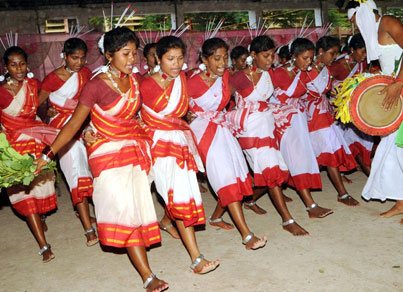
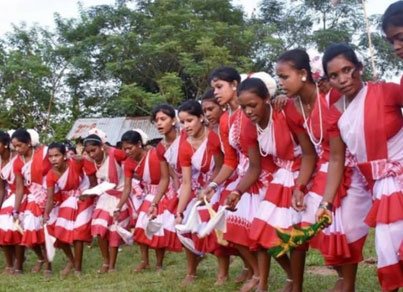

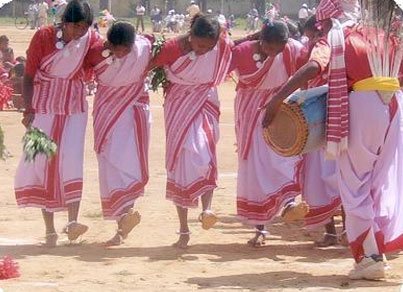
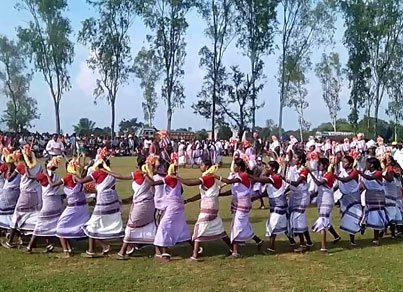
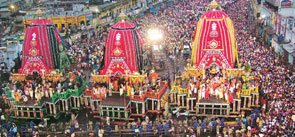
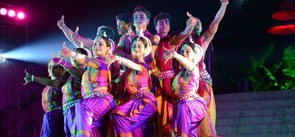
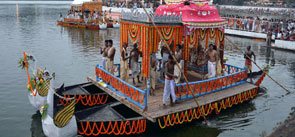
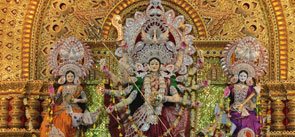
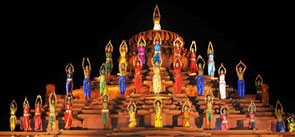
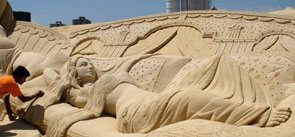
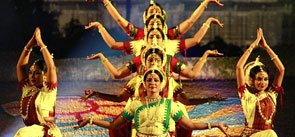

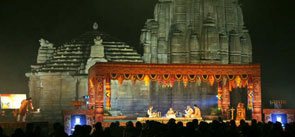
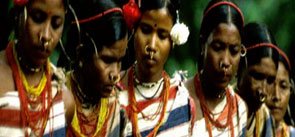
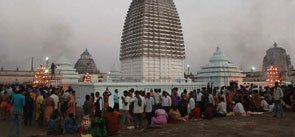
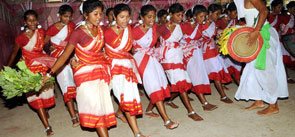
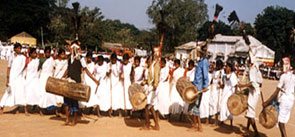
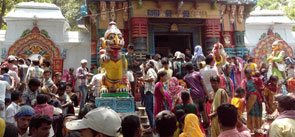
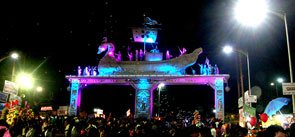
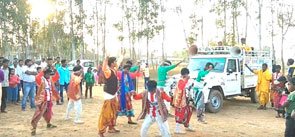
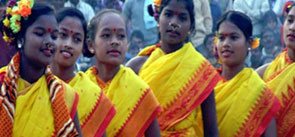
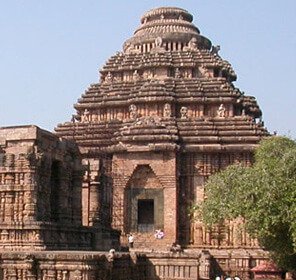
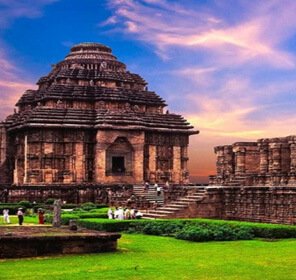
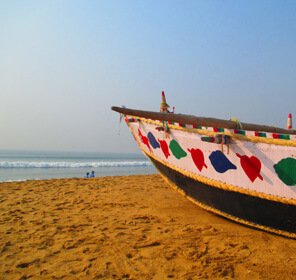
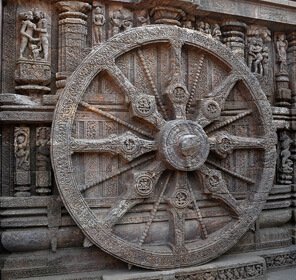

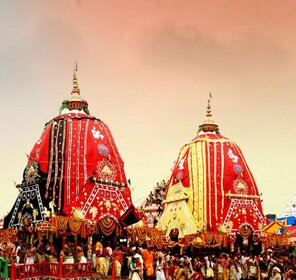
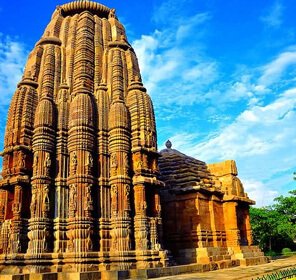
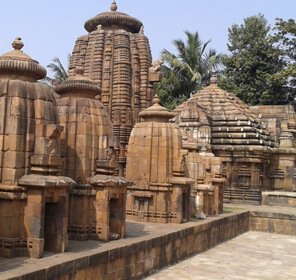
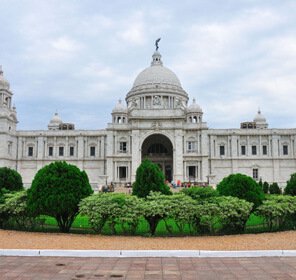
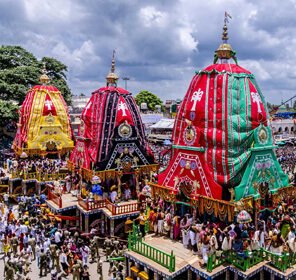
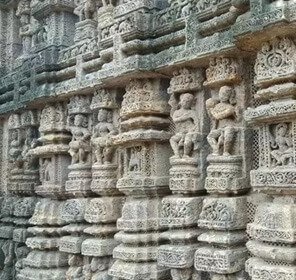
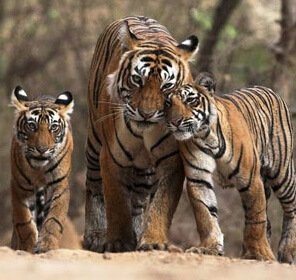
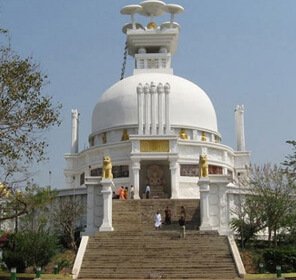
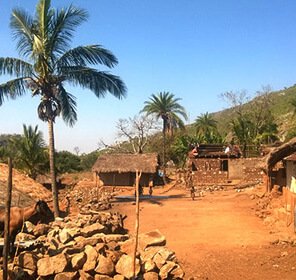

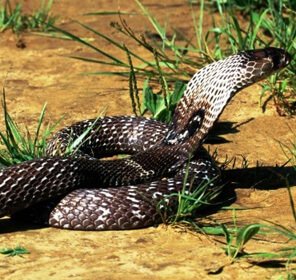
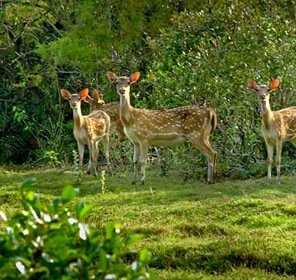
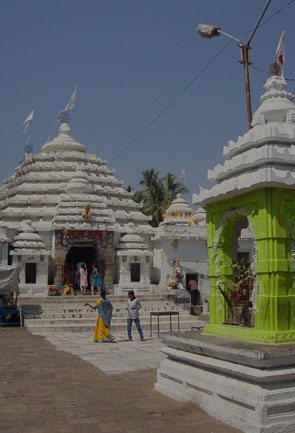
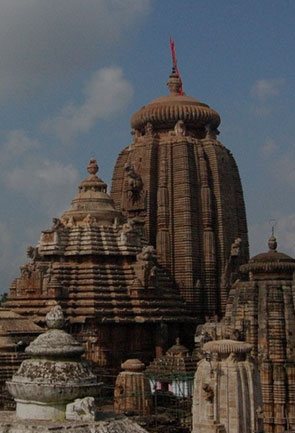

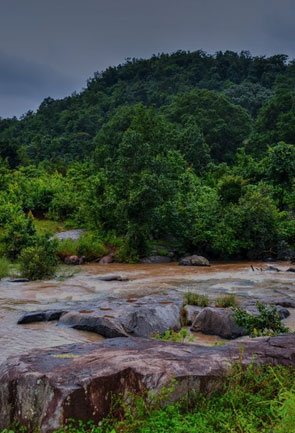



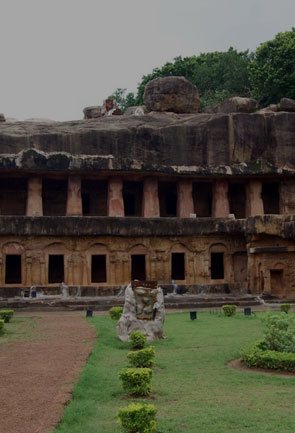
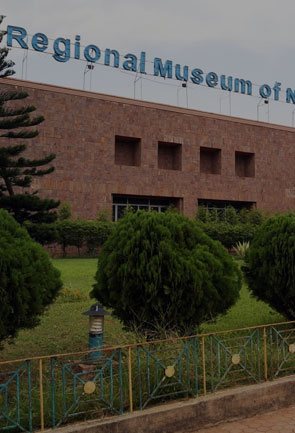


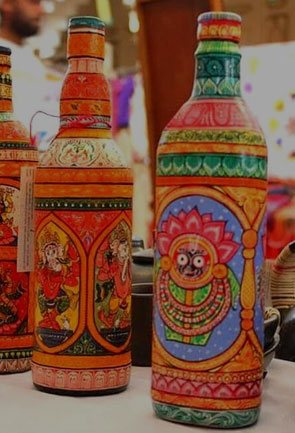
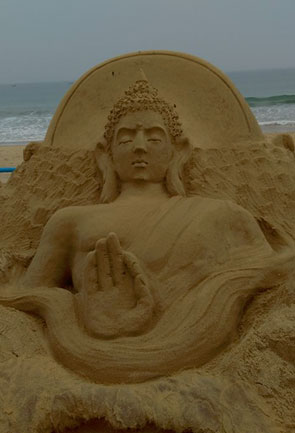
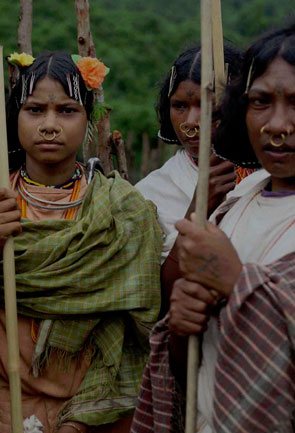
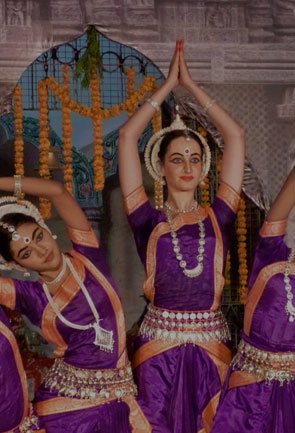
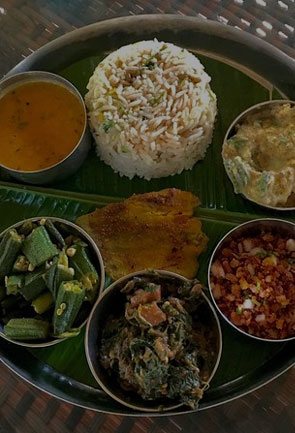


 Plan Trip
Plan Trip Call Us
Call Us Packages
Packages Home
Home